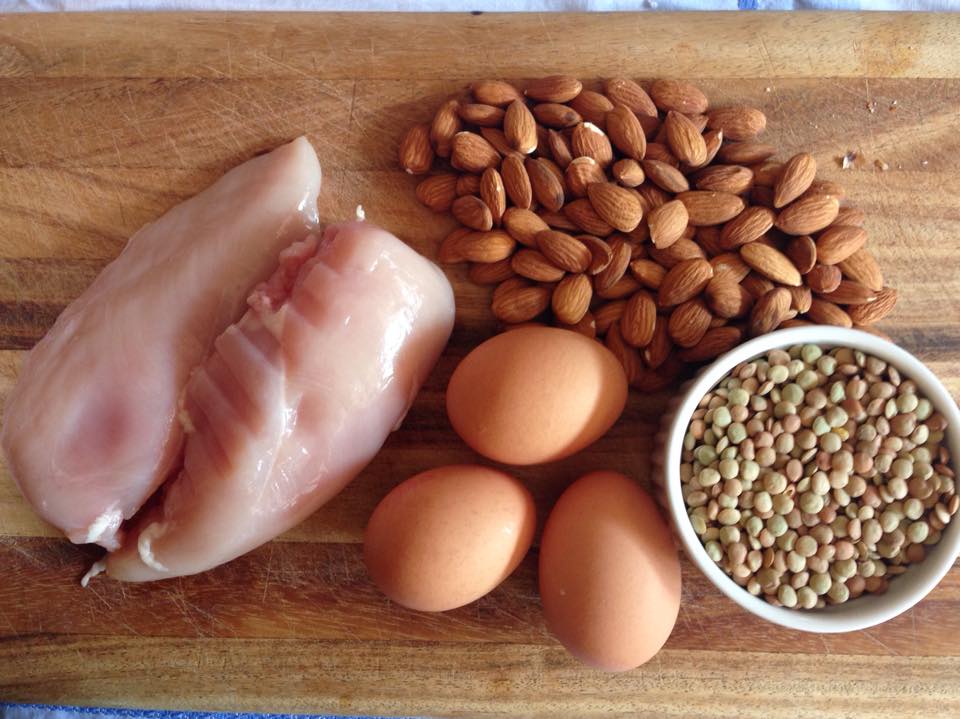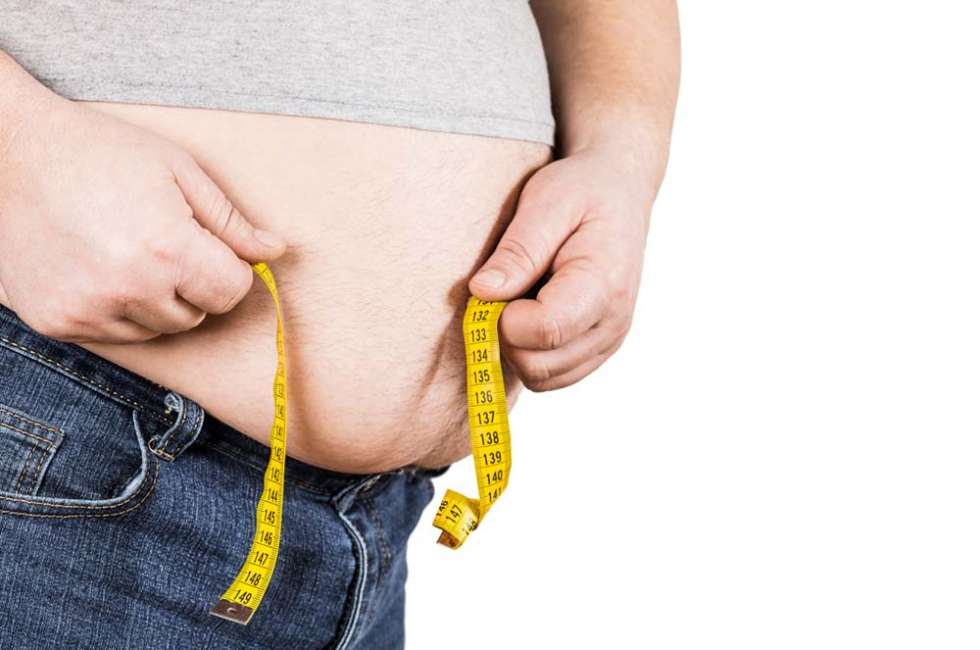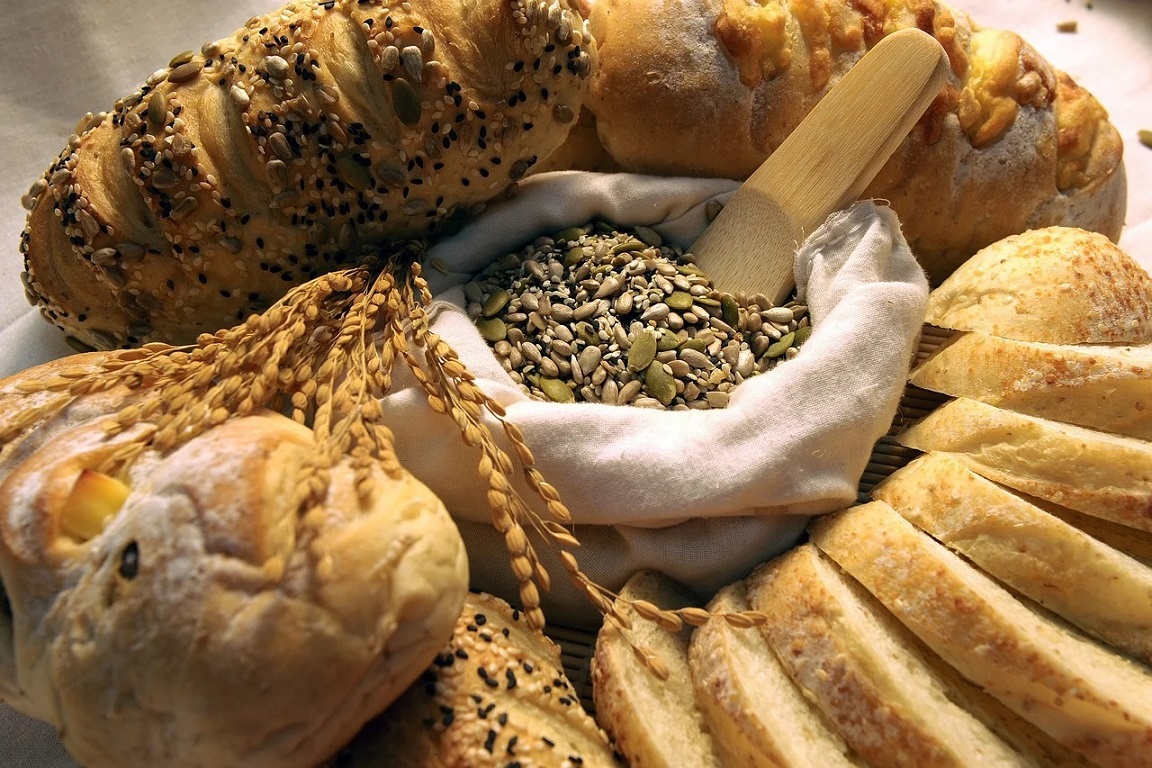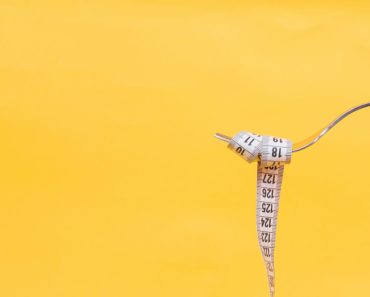Most people think that when they have poor digestive health it just results in feeling bloated, constipated, or simply having that too-full feeling and excess gas. Few people understand how digestive health affects overall health and quality of life. Few people understand how their diet and lack of balanced nutrition results in their health problems.
Digestive health is an extremely important aspect of our overall health and quality of life. Few people understand the important role that digestion plays in keeping their immune system functioning properly, how lack of proper digestion results in the loss of many healthy functions in the body, and how it can be compromised by improper diet and utilization of harmful foods.
Normally, with proper digestion, food from the digestive tract is absorbed in the bloodstream, providing us with vital nutrients that our bodies need to survive and stay healthy. With poor digestion, however, the absorption process doesn’t happen as planned, and along with the nutrients not being absorbed, we tend to feel too full or constipated to do much of what we need. Not having proper digestion means we aren’t getting the chance to utilize the foods we eat, and those foods aren’t being digested properly as well.
This results in toxins not being eliminated properly from the body, which affects our immune system and our overall health. Further, poor digestion allows for the loss of healthy enzymes and protein by not consuming enough digestive enzymes for the body to use, and the proteins not being digested properly as well due to the lack of having the proper digestive enzymes.

This not only results in fatigue and a general feeling of sickness after ingesting meals, but also causes the intake of vitamins, minerals, and other substances vital to our bodies to be wasted. Even bottled cola, sodas, and juices have been found to have high contents of refined sugars and empty calories. Think about cola in the morning and the result of this; the thought alone is enough to make you have a glass of water.
However, when you combine unhealthy digestion with an improper diet, the results are disastrous. Not only is the intake of those empty calories valuable vitamins and minerals that our bodies need, but without proper digestion, those essential nutrients will also much lessen benefiting our bodies from the foods we eat.
One of the first places to start improving digestion is the diet. Without a proper balance of beneficial bacteria in the digestive tract, the conversion of the food we eat into the nutrients our bodies need it to produce is blocked, thus hampering the digestive process. What is needed is a diet with an adequate mix of beneficial bacteria. In the case of lactose intolerance, this bacteria is found naturally in the digestive tract; if there are not enough beneficial bacteria in the digestive tract, not enough of the nutrients from the foods we eat will be absorbed into our systems.
The importance of a diet rich in beneficial bacteria is that it will allow for the proper absorption of the foods we eat. It is very important in many aspects of our health, including during that of our digestive process. Also, as our bodies are created by nature, we all need certain elements in our systems since they help our bodies run smoothly. Protein is one such element, and without it, our bodies are unable to maintain themselves. Protein is available in our daily diet, making it very easy to obtain from sources such as meat, eggs, and dairy products.

One of the most common reasons for a person to have digestive problems is a diet that is lacking in protein. For people who have digestive problems, protein is vital to help maintain healthy digestion. Protein is what carries our immune system out to kill those harmful bacteria and other pathogens that try and make us sick. Protein also plays a major role in healing those who have suffered from digestive disorders.
Not only protein is needed for good digestion, but many neurotransmitters are created from protein. Enzymes allow our bodies to perform the functions that are necessary to survive. Many neurotransmitters are key chemicals that allow our bodies to react and communicate with one another. In many ways, protein is a very important part of our daily lives.
Without protein, our bodies are unable to maintain themselves. In fact, without protein, a person can die. A person can die from protein deficiency, however, it is rarer than one might think. Many people think that a protein deficiency will be prevented if they eat more protein, but this is not the case.
Just because you feel like you are eating healthier, doesn’t mean that you will be getting enough protein in your diet. If you are on a ketogenic diet or an acid restriction diet, for instance, you will not be getting enough protein, and not only will you feel miserable, you will also be preventing your body from healing.




